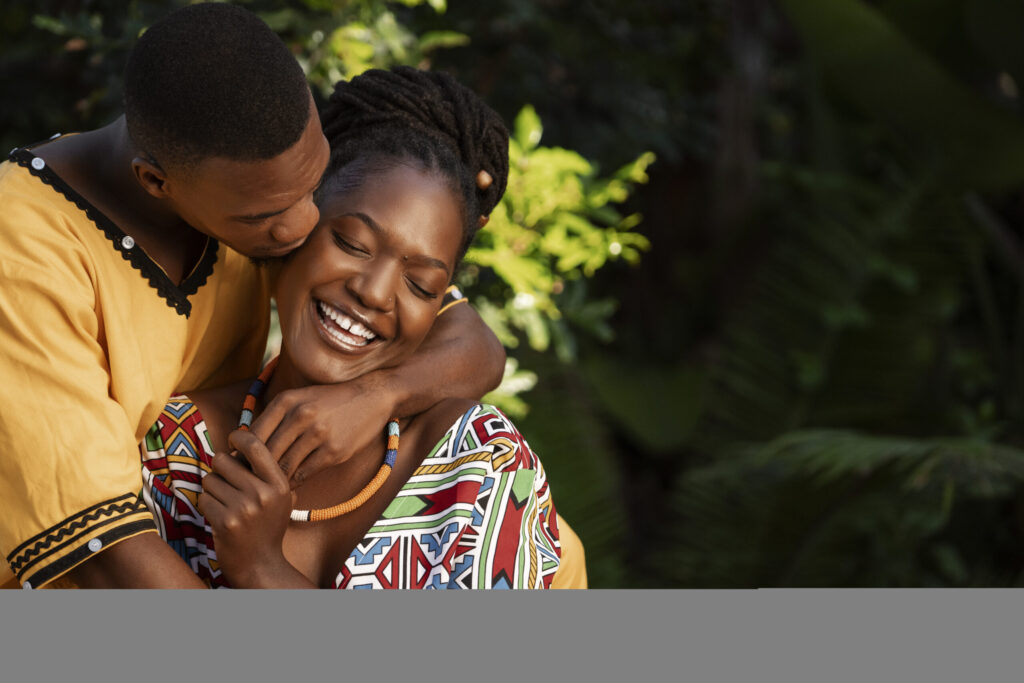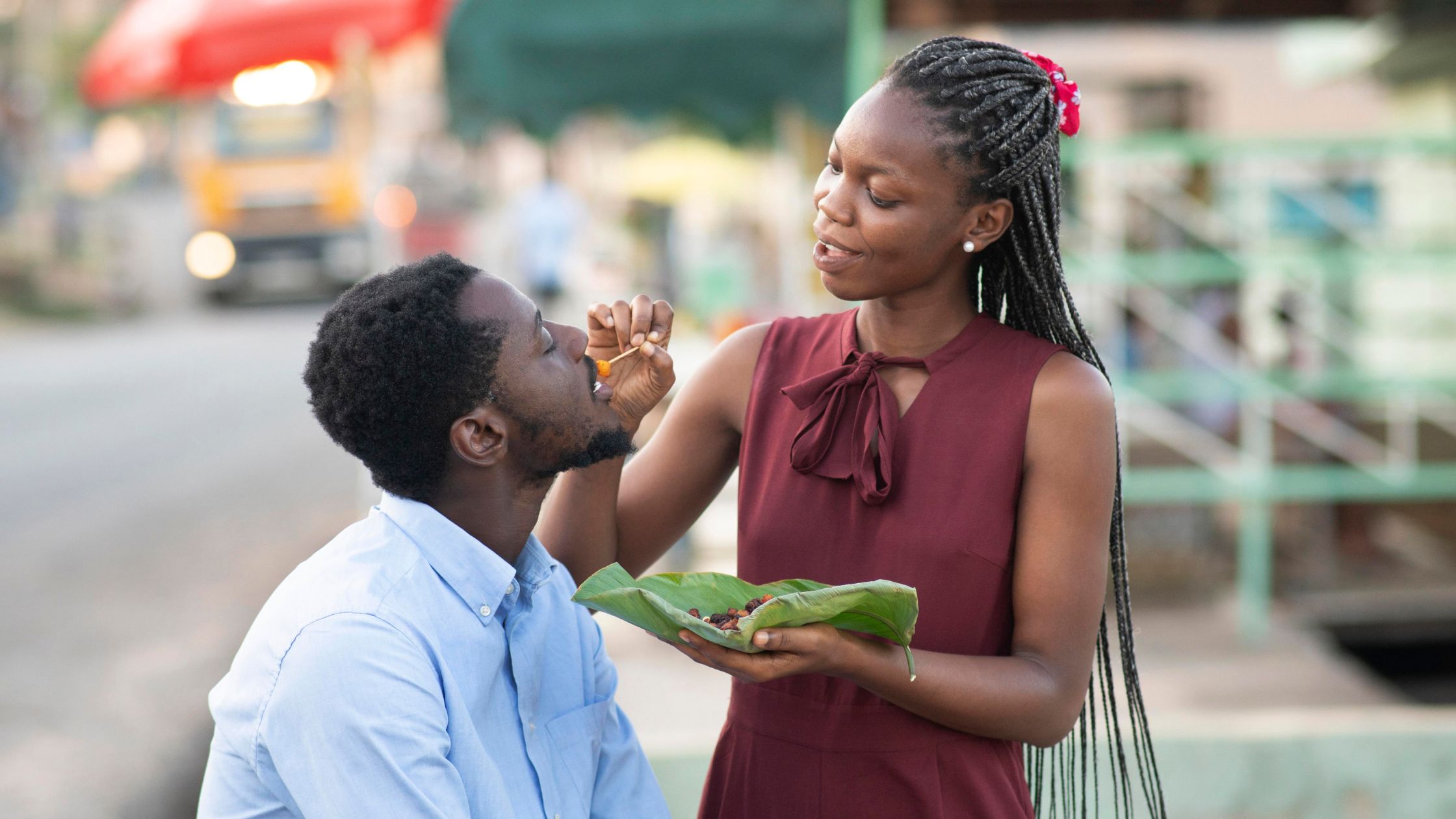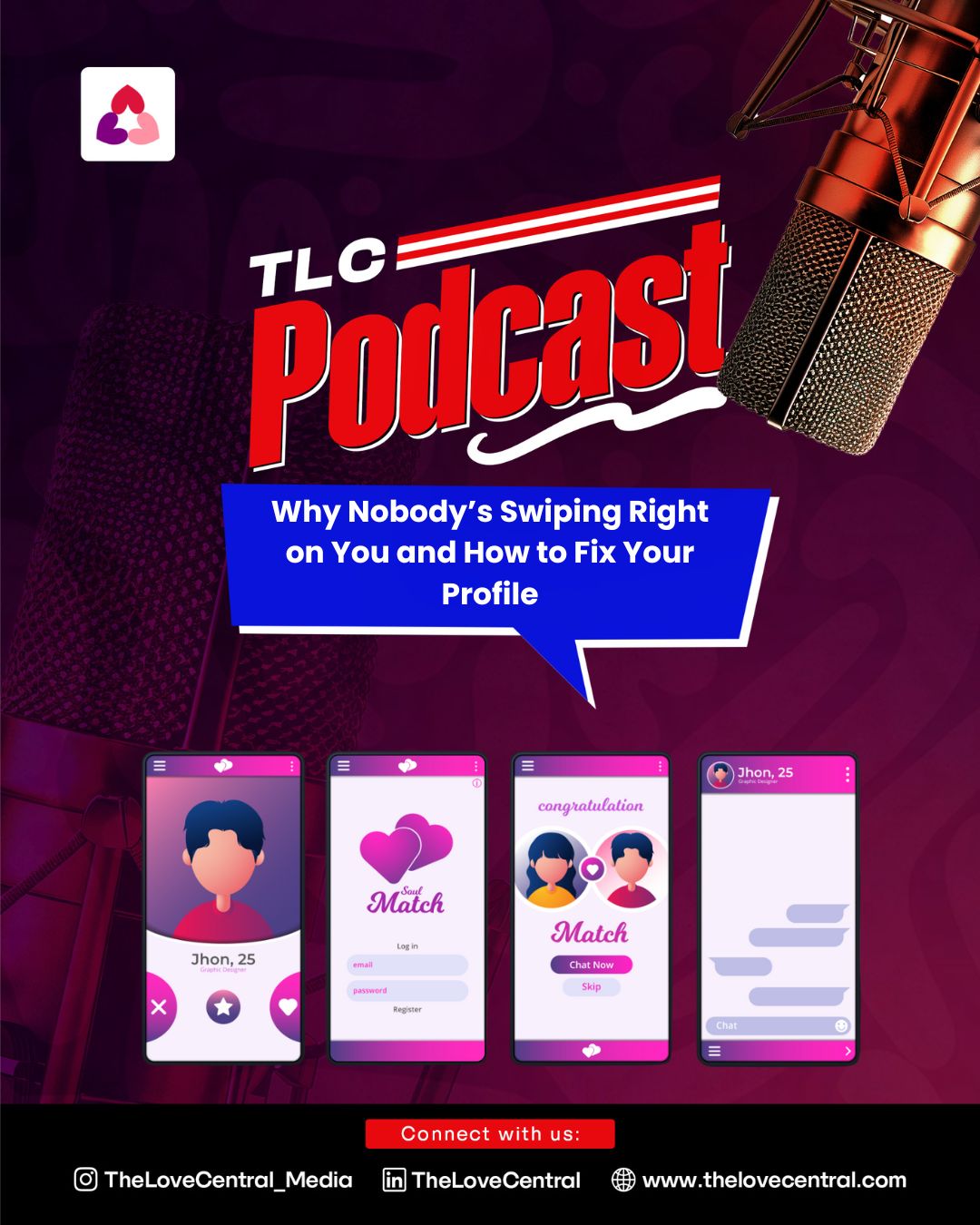After years abroad, coming home feels like stepping into an old song, familiar, yet with new rhythm. The streets still hum with energy, the people still exude warmth, but something’s changed. Or maybe, it’s you.
When you left Africa, your ideas about love and dating were shaped by local expectations, family involvement, subtle flirtation, faith, and duty. But abroad, you learned a different rhythm: open conversations, personal freedom, and emotional independence. Now that you’re back, you’re caught between both worlds.
Dating in Africa after living abroad can feel like navigating two realities, one rooted in tradition and community, the other in individuality and modern expression. From WhatsApp conversations that feel more formal than flirty, to relatives hinting about marriage before the second date, the contrasts can be both fascinating and frustrating.
1. The Reverse Culture Shock Is Real
When you first moved abroad, you probably experienced culture shock. Returning home can bring a similar, and sometimes stronger, version called reverse culture shock.
Different Definitions of “Dating”
In much of Africa, “dating” often carries more weight than it does in the West. Many still see it as a pathway to marriage, not casual exploration. So when you say you’re “just seeing someone,” locals may assume it’s serious.
The Pressure of Family and Community
Dating rarely happens in isolation. Family opinions, church communities, and even colleagues may have a say. If you’re from a close-knit background, don’t be surprised if “When are you getting married?” becomes a weekly question.
Related Content: The “High-Value” Myth vs. ‘High-Character’ Reality: What Women Want in Men
2. Communication Styles Can Feel Worlds Apart
Abroad, you may have gotten used to direct, emotionally expressive communication. Back home, dating often comes with a layer of subtlety, etiquette, and reading between the lines.
The Unspoken Dance
In many African cultures, modesty and emotional restraint are valued, especially in early dating stages. Expressing attraction too openly can be seen as forward or unserious. Learning to balance openness with cultural tact is key.
Digital Dating, Local Rules
Dating apps are growing fast in African cities but etiquette differs. People may move slower, prioritize in-person meetings, and take longer to reveal personal details. Patience earns respect.

3. Money, Gender, and Modern Expectations
Here’s where many returnees get their biggest shock: the politics of money and gender roles in dating.
The Expectation Gap
After living abroad, you may be used to 50/50 dating or shared bills. Back home, many still expect men to pay, not as oppression, but as a gesture of care and status.
If you’re female, your independence might be seen as confidence or, in some circles, intimidation. If you’re male, financial stability is often equated with emotional reliability.
Balancing Values with Realism
Instead of fighting norms, find your middle ground.
- Honor generosity and thoughtfulness.
- But communicate boundaries early.
- Focus on partnership, not performance.
This balance allows you to stay grounded in who you are while adapting to the environment around you.
4. The Influence of Religion and Morality
Religion remains a strong force shaping Dating in Africa. If it’s Christianity, Islam, or traditional spirituality, moral expectations about sex, modesty, and relationship timing often run deep.
Modern Faith, Modern Love
Many young Africans are finding creative ways to integrate faith with modern relationships, from faith-based dating apps to celibacy movements and counseling programs. The key is to respect local values while staying authentic to your personal beliefs.
5. The Returnee Advantage — Emotional Intelligence
Living abroad likely made you more self-aware, adaptable, and emotionally intelligent. Those skills are priceless in the African dating scene.
Use Empathy as Your Superpower
You’ve interacted with people from multiple cultures; you know how to listen, adjust, and communicate. Use that same sensitivity to understand your partner’s world, family, culture, pressures, and dreams.
Don’t Lose Yourself
Reverse culture shock can make you over-adjust, trying too hard to “fit in.” Remember, your global perspective is an asset. You don’t need to become someone else to find love back home.
Bring curiosity, not judgment. Compassion, not comparison. That’s how returnees thrive in love.
6. Practical Tips for Successful Dating in Africa
- Observe before assuming. Notice how people express affection and interest, body language often says more than words.
- Ask questions respectfully. “How do people usually date here?” is a sign of openness, not ignorance.
- Mind the pace. Things may move slower emotionally but faster socially, parents might get involved sooner than you expect.
- Network offline. Mutual introductions and social gatherings remain a big part of how couples meet.
- Protect your energy. Stay wary of transactional or performative relationships. Seek emotional reciprocity, not just appearances.
FAQs
1. Is dating harder in Africa than abroad?
Not necessarily, it’s just different. Relationships are often more community-driven, and cultural context plays a bigger role.
2. Are dating apps popular in Africa?
Yes. Apps like Tinder, Bumble, and AfroIntroductions are growing fast, but offline introductions remain dominant in many regions.
3. How do I handle family involvement?
Respect it but set boundaries. Express appreciation for their concern while protecting your privacy.
4. What if my values have changed while abroad?
Be transparent. The right partner will appreciate your perspective and maturity, not judge your differences.
5. Can cross-cultural dating work within Africa?
Absolutely. Africa’s diversity means “cross-cultural” can happen within the same city. Approach it with curiosity, not assumptions.
Returning home changes everything including how you love. Dating in Africa after years abroad can feel both exciting and disorienting, but it’s also an opportunity for rediscovery.
By blending your global experiences with cultural sensitivity, you can find connection that’s deeper, more grounded, and more authentic than ever before.
Remember: love is universal, but its language changes with context. Listen, learn, and lead with empathy, your heart will find its rhythm again.








